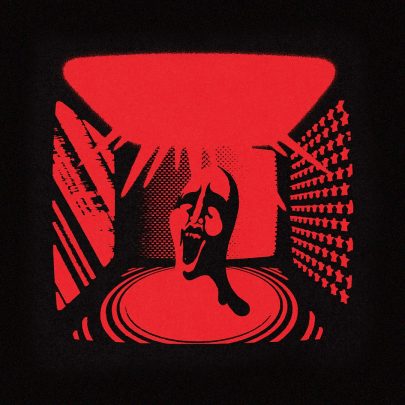Jul 21, 2013 Film & TV
Directed by Alex Gibney
USA
Not sure what Wikileaks has told us, or how they did it? Here’s a movie for you, setting it all out with delightfully arresting visuals. Not sure what to think of Julian Assange and those Swedish rape charges? This movie sets all that out too.
Film maker Alex Gibney (Enron: The Smartest Guys in the Room) isn’t on Assange’s side, and nor is he against him. What he does is interrogate the original intentions of Wikileaks (in particular, to reveal how the worlds of politics, diplomacy and war really operate), find himself largely agreeing that we should know about this stuff, and then try to measure how well Assange and Wikileaks have done against the ideals they set for themselves. And he does it brilliantly. This is a great film: important for what it reveals and a masterclass in complex documentary storytelling.
There are so many revealing voices, especially among people who are or were in the American military and political establishments, and journalists who followed Assange or worked closely with him and then found themselves unable to remain in support. It’s striking the extent to which people on both sides understand at least some of the principles motivating the other. Former NSA and CIA director Michael Hayden puts the case for the US government frankly and clearly (“We are in the business of stealing secrets from other countries”), while the Guardian’s Nick Davies and Australian SBS investigator Mark Davis stand out as journalists who have gone far, far past the headlines. Running almost parallel to the Assange story is the strange, disturbing tale of how US soldier Bradley Manning came to his decision to use Wikileaks to expose US military secrets all over the world.
Wikileaks has done a great service in revealing what politicians and diplomats and soldiers get up to in the privacy of their own self-contained and encrypted worlds. The fact the US seems determined to stop it is easy to understand – they are trying to preserve their ability to operate covertly – but that doesn’t mean they should be allowed to just get on with it. War is not the honourable struggle of good against evil that most protagonists like to portray it as, and it’s valuable to be reminded of that.
But Wikileaks has done more. Despite a public commitment to protecting sources, it could not save Manning from arrest and terrible privation at the hands of the US army. There can be little doubt many innocent (or relatively innocent) people have suffered because of what Wikileaks has exposed – especially as the film reveals that Wikileaks has no real “harm minimisation” protocols, despite what Assange says. And Assange himself has deliberately conflated the political attacks on his organisation with the Swedish rape allegations, despite them coming from two apparently sympathetic women who wanted him to front up for what was surely, at the least, inappropriate sexual behaviour.
We Steal Secrets argues eloquently that we should not judge Wikileaks by the private life of Julian Assange. The man may be paranoid and he may well have a Jesus complex, and both those things have damaged his cause, but they do not make him wrong. Ex-CIA contractor Edward Snowden’s revelations this year about how comprehensively we are all being spied on came too late for inclusion in the film, but they make many of Wikileaks’ erstwhile critics seem hopelessly naïve.
At its heart, We Steal Secrets explores an awful irony: that Wikileaks is mired in the very same dilemma as all the power brokers it has exposed – how do you do good in this world without also doing harm? Essential viewing.





